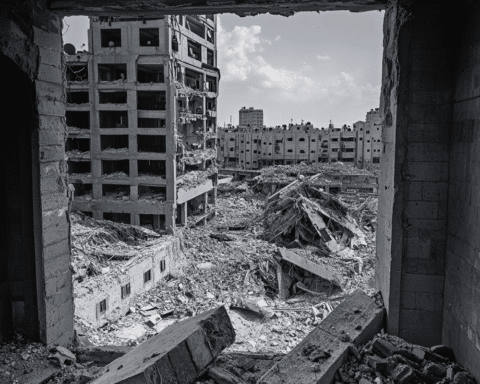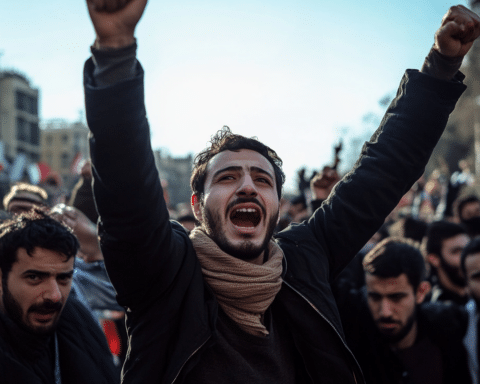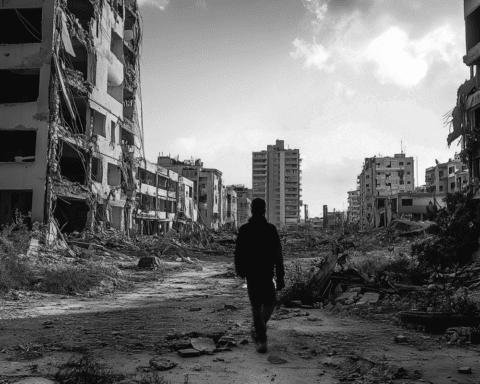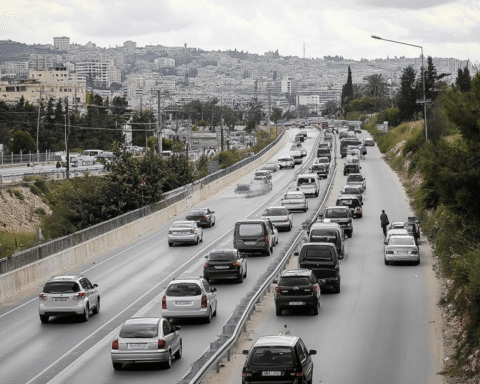After months of devastating conflict, Israel and Hamas are reportedly closer than ever to agreeing on a ceasefire, signaling hope for peace in the region. The deal would include a phased cessation of hostilities, a significant exchange of hostages and prisoners, and measures to address humanitarian needs in Gaza. However, critical disagreements remain, threatening to derail the process.
Hostage Release: A Contentious Starting Point
One of the central components of the proposed deal involves the release of hostages taken by Hamas during the October 2023 attack. Hamas holds approximately 100 hostages in Gaza, with disputes arising over the specifics of the initial release.
“The first batch is expected to be made up mostly of women, older people, and those with medical conditions,” according to Egyptian officials involved in the negotiations. Israeli Prime Minister Benjamin Netanyahu faces growing pressure from hostage families demanding a comprehensive release, fearing delays could result in further casualties.
Prisoner Exchange: Balancing Risks and Concessions
Israel is expected to release hundreds of Palestinian prisoners, including some convicted of violent attacks. The exact number and identities of these prisoners remain points of contention. Hamas seeks the inclusion of high-profile detainees, while hardliners within Netanyahu’s coalition have expressed strong opposition.
“This is about finding a balance,” said an unnamed Hamas official, highlighting the fragile nature of the discussions. Past prisoner exchanges, such as the 2011 deal involving former Hamas leader Yahya Sinwar, fuel skepticism among Israeli officials and citizens.
Palestinians Returning Home: A Complex Challenge
The war has displaced millions, with Gaza’s northern regions hit hardest. Under the ceasefire, displaced Palestinians would gradually return to certain areas, though disagreements persist regarding the scope of this return.
Israel is prepared to allow limited resettlement in Gaza City but remains cautious about areas closer to the Israeli border. “We want to prevent militants from reestablishing bases,” Israeli officials have stated. Critics argue this stance aligns with broader plans to depopulate northern Gaza, a claim Netanyahu’s government denies.
Key International Involvement: A Push for Resolution
The United States has played an active role in mediating the negotiations. “Everyone is pushing on this,” Secretary of State Antony Blinken remarked, expressing optimism about reaching a resolution before President Biden’s term ends. Blinken emphasized the importance of finalizing the deal to bring relief to Gaza and ensure the safe return of hostages.
While Israel and Hamas inch closer to a ceasefire agreement, the road ahead remains fraught with challenges. The successful negotiation of hostage exchanges, prisoner releases, and resettlement plans is pivotal to establishing a lasting peace. As the world watches with bated breath, leaders must seize this opportunity to end the violence and rebuild trust.





